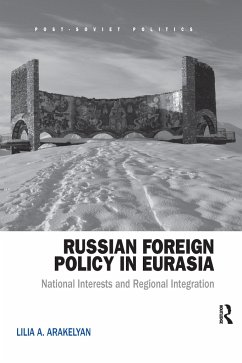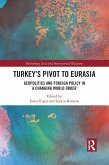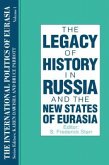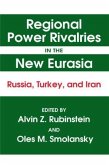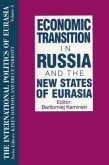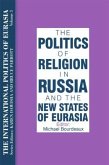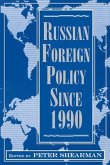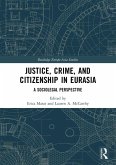How has Russia increased its strength and power over the last 15 years? By what means did the Kremlin bring Armenia back into its orbit? Why did Azerbaijan and Georgia try to avoid antagonizing Moscow? Can we conclude that Russia has restored its sphere of influence in Eurasia? Employing a case-centric research design this book answers these questions by analyzing Russia's foreign affairs in the South Caucasus after the end of the Cold War. Exploring the relevance for those affairs of the creation of the Eurasian Economic Union it uses neoclassical realism and regime theories as frameworks. Arguing that Russia's material power capabilities guide Moscow's foreign policies in all three South Caucasian states, the author points out that Russia responds to the uncertainties of international anarchy by seeking to control its former territory and shape its external environment according to its own preferences. This book will be of interest to academics and postgraduate students in International Relations, International Political Economy, Comparative Politics, and Foreign Policy as well as Eurasian Studies and Post-Soviet Studies.
Hinweis: Dieser Artikel kann nur an eine deutsche Lieferadresse ausgeliefert werden.
Hinweis: Dieser Artikel kann nur an eine deutsche Lieferadresse ausgeliefert werden.

